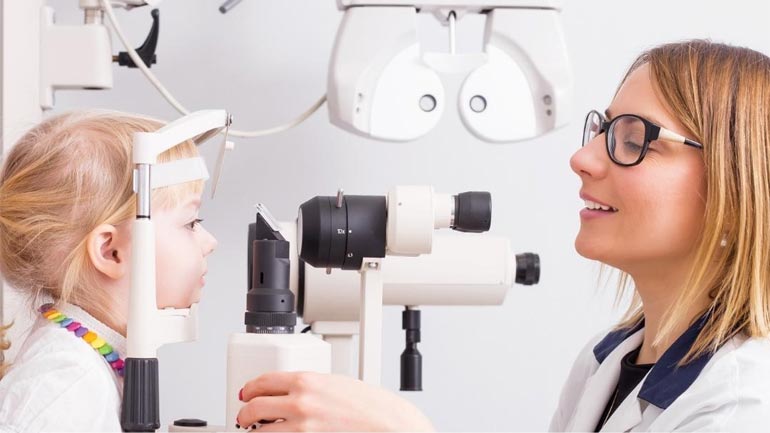
The medication-assisted treatment (MAT) begins with a conversation with an addiction specialist. They’ll help you determine if Suboxone (buprenorphine/naloxone) is your best option. MAT includes counseling, behavioral health interventions and, in some cases, medication. To receive a prescription for Suboxone, you’ll need to visit a “waivered” clinic to prescribe it.
Comprehensive Assessment
A comprehensive assessment gathers relevant information on a patient’s social, psychological, and medical status to determine their level of care. Nurses use these assessments to develop treatment plans for their patients. This is a key part of a nurse’s job and often requires extensive time and effort. A key advantage of Suboxone (buprenorphine/naloxone) is the “ceiling effect.” This means that taking more than a person’s Suboxone prescription will not give them the full opioid impact and won’t get them high. This makes it much less likely to cause addiction than other treatment drugs, like methadone. Because it is a partial opioid agonist, Suboxone can also prevent withdrawal symptoms and reduce cravings. This can make maintaining a regular schedule, work, and family life easier while recovering. It can also help to minimize the negative effects of opioid use disorder (OUD), including strained relationships, financial problems, and health issues.
In addition, because Suboxone can be prescribed by a doctor and picked up at a pharmacy, it is more flexible than other medications, like methadone, which must be received in a clinic. This flexibility can improve adherence to medication and help to promote recovery. Combined with therapy, Suboxone can be a highly effective treatment for opioid addiction.
Personalized Treatment
The medication-assisted treatment (MAT) used at a suboxone clinic helps individuals manage opioid use disorder (OUD) in an outpatient setting. With reduced cravings and withdrawal symptoms, patients can better engage in additional recovery therapies such as counseling and support groups. Suboxone is available as tablets or sublingual films that dissolve in the mouth. Whether you prefer the tablet or film form, your doctor will customize your dosage based on your health history and addiction severity. It’s important to speak honestly with your doctor about your health history, including any previous medications and psychiatric conditions you have. This is because some drugs interact with Suboxone, so it’s important that your doctor has all the information necessary to administer the medication safely. Aside from addressing your opioid use disorder, your provider will also work to address any underlying mental health issues contributing to the problem. Personalized treatment can help you identify the root causes of your addiction and learn new coping mechanisms to prevent relapse.
The goal of MAT is to help you achieve and maintain long-term sobriety. To do this, your doctor will monitor you continuously to ensure the medication works as expected. They will adjust your prescription as needed and provide a sufficient drug supply.
Behavioral Therapies
Suboxone clinics offer the convenience of combining specialized addiction treatment with other services, such as counseling and therapy. This comprehensive approach to addiction treatment provides individuals with the tools they need to pursue long-term sobriety and a healthy lifestyle. Behavioral therapies, such as cognitive behavioral therapy (CBT), can teach you skills to cope with real-life challenges and limit your chances of relapse. You’ll also learn about the underlying issues contributing to your substance use, such as anxiety, depression, and trauma. Having a counselor or therapist who understands the unique challenges of addiction and can address these issues with you during your recovery can make all the difference. Addiction treatment is complex and individualized to meet each patient’s needs. A Suboxone provider will work closely with you, considering your medical and substance abuse history, to develop a personalized addiction treatment plan. They will then partner with other healthcare professionals, such as a therapist or counselor, to help you address your physical, mental, and emotional health.
Some clinics also provide virtual care options, which can be especially beneficial for people who live far from rehab centers or cannot afford travel expenses. In addition, these services can be easily accessed from the comfort of your home. This allows you to balance your addiction treatment with the rest of your life, including work and family responsibilities.
Medication-Assisted Treatment (MAT)
Medications that reduce the risk of relapse and withdrawal are important to treatment for people with substance or alcohol use disorder. Medicines used as part of MAT include Suboxone and other buprenorphine-based medications, as well as methadone and naltrexone. MAT has been shown to increase adherence to addiction treatment and help patients recover. Research has also demonstrated that MAT improves social functioning, increases overall life skills, and assists patients in rebuilding relationships with family and friends. In addition, MAT decreases criminal activity and helps people maintain employment by reducing drug-related absences from work.
The advantage of MAT is that it provides an alternative to illicit drugs and opioids by giving medication that reduces cravings and prevents withdrawal. The medicines can be prescribed for a long time, which can allow patients to refocus on the goals of their recovery and regain a sense of control over their lives. MAT can also treat co-occurring mental health disorders like anxiety and depression.
While MAT is not always available at all addiction treatment facilities, many offer it to their patients. The providers can customize a medication regimen for each patient. They monitor their patients’ progress closely throughout the process and take precautions to ensure that the medications are not abused. For example, Suboxone contains naloxone, which prevents buprenorphine from binding to opioid receptors and causing an overdose.




